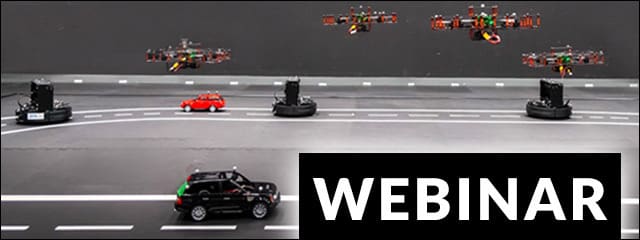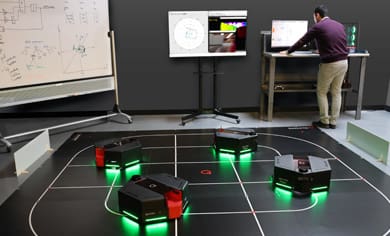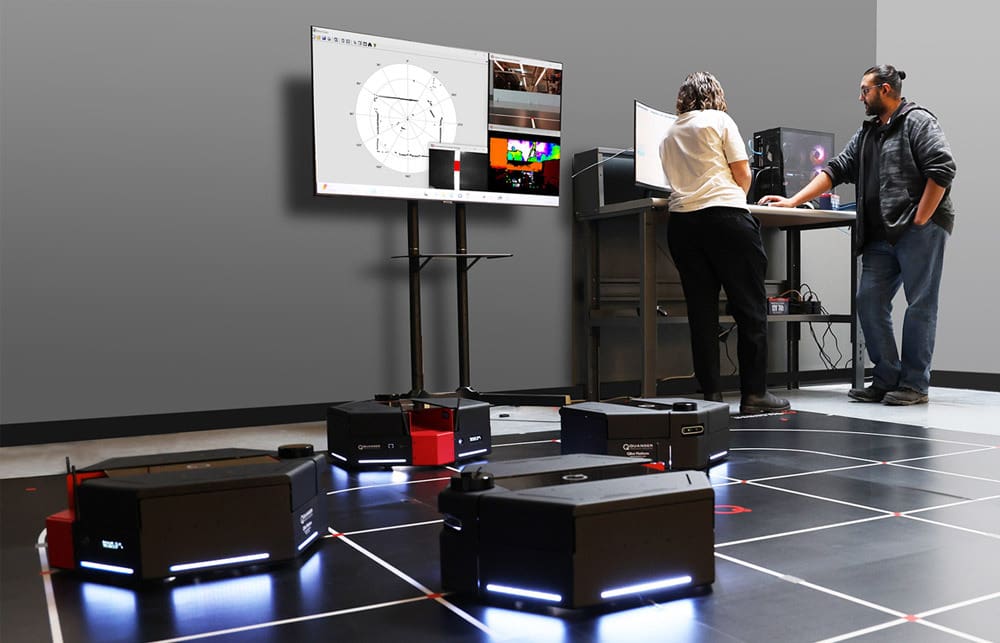
Webinar Details
Within half a century, autonomous driving vehicles, together with human-driven vehicles, will be employed in traffic scenarios, where the interactions of those vehicles will constantly occur. In these situations, the action of one car depends on the intentions of other cars, and vice versa, thus exhibiting rich dynamic behaviors. In Prof. Shan’s team’s recent work, they apply deep reinforcement learning along with game theory to model decision-makers with different reasoning levels in unsignalized intersections. In his method, all the drivers in a multi-move scenario make strategic decisions simultaneously, instead of modeling the autonomous driving vehicle as a decision-maker and assuming predetermined actions for the rest of the drivers. Experiments are performed using Quanser’s Self-Driving Car Research Studio.
Presenter’s Bio
Dr. Jinjun Shan is an internationally recognized expert in the areas of dynamics, control and navigation. He joined York University as an Assistant Professor of Space Engineering in 2006 and was promoted to Associate Professor in 2011 and Full Professor in 2016. Since 2018, he has been appointed to the Chair of Department of Earth and Space Science and Engineering. His pioneering research work has led to over 170 peer-reviewed journal and conference publications and 2 issued patents. Dr. Shan’s accomplishments in research and engineering education have seen him recognized with prestigious recognitions such as the Fellow of Engineering Institute of Canada (EIC), the Associate Fellow of AIAA, Alexander von Humboldt Fellowship, JSPS Fellowship, York Research Leader Awards, and Excellent in Teaching Award. He serves as the Associate Editor for several field-leading journals including IEEE Transactions on Industrial Electronics, IEEE/ASME Transactions on Mechatronics, and the Journal of Franklin Institute, as well as numerous conference chairs. He is the founding director of Spacecraft Dynamics Control and Navigation Laboratory (SDCNLab) at York University.




